XIII International Scientific and Practical Conference
MEDICO-BIOLOGICAL AND PEDAGOGICAL FOUNDATIONS OF ADAPTATION, SPORTS ACTIVITIES AND A HEALTHY LIFESTYLE
April 18-19, 2024
Voronezh, Russia
Conference organizers:
Voronezh State Academy of Sports (Voronezh, Russia), Uzbek State University of Physical Culture and Sports (Chirchik, Republic of Uzbekistan), Gomel State University named after F. Skorina (Gomel, Republic of Belarus), National Olympic Committee of Uzbekistan (Tashkent, Uzbekistan), State Institute of Physical Culture and Sports Armenia (Republic of Armenia), Kazakh Academy of Sports and Tourism (Republic of Kazakhstan), Kyrgyz National Agrarian University named after. K.I. Scriabin (Republic of Kyrgyzstan), Belarusian State University of Physical Culture and Sports (Republic of Belarus), Republican Scientific and Practical Center for Sports (Republic of Belarus).
Voronezh State Academy of Sports (Voronezh, Russia), Uzbek State University of Physical Culture and Sports (Chirchik, Republic of Uzbekistan), Gomel State University named after F. Skorina (Gomel, Republic of Belarus), National Olympic Committee of Uzbekistan (Tashkent, Uzbekistan), State Institute of Physical Culture and Sports Armenia (Republic of Armenia), Kazakh Academy of Sports and Tourism (Republic of Kazakhstan), Kyrgyz National Agrarian University named after. K.I. Scriabin (Republic of Kyrgyzstan), Belarusian State University of Physical Culture and Sports (Republic of Belarus), Republican Scientific and Practical Center for Sports (Republic of Belarus).
About the conference
On April 18-19, 2024, the Voronezh State Academy of Sports will host for the 13th time a conference dedicated to the medical, biological and pedagogical foundations of adaptation, sports activity and a healthy lifestyle. The purpose of this conference is to promote comprehensive research into various aspects that are critical to understanding the adaptive processes occurring in the human body.
The world today has witnessed rapid changes in the environment and extreme conditions brought about by climate change, environmental pollution, urbanization, and other factors. These changes have a significant impact on human health and survival. Studying the medical and biological basis of organism adaptation and changes in human physiology in the context of these variables becomes critically important. Understanding how organisms react to changes in the environment and what mechanisms are available for adaptation to them is key to developing strategies for prevention and treatment of associated health issues.
Researching topics related to the medical and biological foundations of adaptation, changes in human physiology due to environmental factors, and organism adaptation in extreme conditions is paramount for enhancing the quality of life, sports performance, and rehabilitation practices. Understanding how the human body responds and adapts to environmental stressors enables the development of personalized healthcare strategies aimed at improving overall well-being and longevity.
In the realm of sports, insights into physiological changes can optimize training methods, injury prevention techniques, and recovery protocols, leading to enhanced athletic performance and reduced risk of injuries. Additionally, advancements in these areas inform evidence-based rehabilitation interventions, promoting faster recovery, functional restoration, and improved outcomes for individuals recovering from injuries or medical conditions.
Overall, research in these domains drives innovation in technologies, therapies, and interventions that contribute to enhancing human resilience, reducing susceptibility to illness, and ultimately fostering healthier, more fulfilling lives for people worldwide.
We invite all experts and researchers to actively participate in our conference to exchange new ideas, trends and research results, promoting collaboration and innovation in these areas.
Working languages of the conference: Russian, English.
The conference will be held in a mixed mode: a plenary session in online format (ZOOM platform), work on sections in offline and online format by the decision of the moderators of the sections. The panel discussion starts at 10:00 (Moscow time). Work on sections – after the end of the plenary session.
Technical data for connection to the panel discussion and sections will be sent to the participants additionally.
On April 18-19, 2024, the Voronezh State Academy of Sports will host for the 13th time a conference dedicated to the medical, biological and pedagogical foundations of adaptation, sports activity and a healthy lifestyle. The purpose of this conference is to promote comprehensive research into various aspects that are critical to understanding the adaptive processes occurring in the human body.
The world today has witnessed rapid changes in the environment and extreme conditions brought about by climate change, environmental pollution, urbanization, and other factors. These changes have a significant impact on human health and survival. Studying the medical and biological basis of organism adaptation and changes in human physiology in the context of these variables becomes critically important. Understanding how organisms react to changes in the environment and what mechanisms are available for adaptation to them is key to developing strategies for prevention and treatment of associated health issues.
Researching topics related to the medical and biological foundations of adaptation, changes in human physiology due to environmental factors, and organism adaptation in extreme conditions is paramount for enhancing the quality of life, sports performance, and rehabilitation practices. Understanding how the human body responds and adapts to environmental stressors enables the development of personalized healthcare strategies aimed at improving overall well-being and longevity.
In the realm of sports, insights into physiological changes can optimize training methods, injury prevention techniques, and recovery protocols, leading to enhanced athletic performance and reduced risk of injuries. Additionally, advancements in these areas inform evidence-based rehabilitation interventions, promoting faster recovery, functional restoration, and improved outcomes for individuals recovering from injuries or medical conditions.
Overall, research in these domains drives innovation in technologies, therapies, and interventions that contribute to enhancing human resilience, reducing susceptibility to illness, and ultimately fostering healthier, more fulfilling lives for people worldwide.
We invite all experts and researchers to actively participate in our conference to exchange new ideas, trends and research results, promoting collaboration and innovation in these areas.
Working languages of the conference: Russian, English.
The conference will be held in a mixed mode: a plenary session in online format (ZOOM platform), work on sections in offline and online format by the decision of the moderators of the sections. The panel discussion starts at 10:00 (Moscow time). Work on sections – after the end of the plenary session.
Technical data for connection to the panel discussion and sections will be sent to the participants additionally.
IMPORTANT CONFERENCE DATES
1
18-19/04/2024
Conference date
2
01/05/2024
Deadline for paper submission
3
10/05/2024
Notification of acceptance
4
17/05/2024
Last fee payment
PROGRAM COMMITTEE OF THE CONFERENCE
- Trushin Maxim ViktorovichCandidate of Biological Sciences, Associate Professor, Kazan Federal University (Russia)
- Kapilevich Leonid VladimirovichDoctor of Medical Sciences, Professor, Tomsk Polytechnic University (Russia)
- Achkasov Evgeniy EvgenievichDoctor of Medical Sciences, Professor, First Moscow State Medical University named after I.M. Sechenov (Russia)
- Kalaev Vladislav NilolaevichDoctor of Biological Sciences, professor, Head of the Department of Genetics, Cytology and Bioengineering and Head of the Department EFKO “Molekulyarnaya biotechnologia” of Faculty of Medicine and Biology of Voronezh State University
- Kerimov Fikrat AzizovichDoctor of Pedagogical Sciences, Professor, Uzbek State Institute of Physical Culture (Tashkent, Republic of Uzbekistan)
Kalmatov Roman Kalmatovich
Doctor of Medical Sciences, Professor, Dean of the International Medical Faculty of Osh State University (Kyrgyzstan)
- Sysoev Alexander VladimirovichCandidate of Pedagogical Sciences, Professor, Rector of Voronezh State Academy of Sport (Russia)
- Stepanyan Lusine SamvelovnaCandidate of Biological Sciences, Associate Professor, Vice-Rector for Scientific and Academic Affairs of the State Institute of Physical Culture and Sports of Armenia (Yerevan, Republic of Armenia)
- Avsievich Vitaliy NikolaevichPhD, Associate Professor of the Department of Winter and Complex Technical Sports of the Kazakh Academy of Sports and Tourism (Almaty, Republic of Kazakhstan)
- Malevanaya Irina AnatolyevnaCandidate of medical sciences, associate professor, Director of the state institution “Republican Scientific and Practical Center for Sports” (Minsk, Republic of Belarus)
- Morozevich-Shilyuk Tatyana AnatolyevnaCandidate of pedagogical sciences, associate professor, vice-rector for scientific work of the Belarusian State University of Physical Culture and Sports (Minsk, Republic of Belarus)
- Repkin Sergey BorisovichDoctor of Economics, Associate Professor, Rector of the Belarusian State University of Physical Culture and Sports (Minsk, Republic of Belarus)
- Khitaryan David SenikovichCandidate of pedagogical sciences, professor, rector of the State Institute of Physical Culture and Sports of Armenia (Yerevan, Republic of Armenia)
- Dadaboev Odiljon JalolidinovichDoctor of Pedagogical Sciences, Associate Professor, Head of the Department of Adaptive Physical Culture and Para-Sports, Uzbek State University of Physical Culture and Sports, (Chirchik, Republic of Uzbekistan)
- Chatinyan Ashot AgvanovichDoctor of Pedagogical Sciences Professor, Scientific Secretary of the State Institute of Physical Culture and Sports of Armenia (Yerevan, Republic of Armenia)
- Svetlichnaya Nailya KamilievnaCandidate of pedagogical sciences, associate professor of the Uzbek State University of Physical Culture and Sports, (Chirchik, Republic of Uzbekistan)
- Asatova Gulsara RashidovnaPhD, Associate Professor, Uzbek State University of Physical Culture and Sports, (Chirchik, Republic of Uzbekistan)
- Narskin Gennady IvanovichDoctor of Pedagogical Sciences, Professor of Gomel State University named after F. Skariny, (Gomel, Republic of Belarus)
- Musayev Bahrom BakhtierovichPh.D., Associate Professor, Vice-Rector for Research and Innovation, Uzbek State University of Physical Culture and Sports, (Chirchik, Republic of Uzbekistan)
- Osipenko Evgeniy VladislavovichPh.D., Associate Professor, Head of the Department of Theory and Methods of Physical Culture, Gomel State University named after F. Skariny (Gomel, Republic of Belarus)
- Shalabaeva Laura IslailbekovnaDoctor of Philosophical Sciences, docent, Vice Rector for Science and Strategical Development of Kazakh Academy of Sports and Tourism (Kazakhstan)
- Turkmenov Alibek AlbertovichAssociate Professor, responsible for science of the Department of Propaedeutic Surgery Department of the Kyrgyz State Medical Academy named after I.K. Akhunbaev
CONFERENCE ORGANIZING COMMITTEE:
Popova Irina Evgenievna, Candidate of Biological Sciences, Associate Professor, Head of the Department of the Voronezh State Academy of Sports (Voronezh, Russia)
Savinkova Olga Nikolaevna, PhD in Pedagogy, Professor, Vice-Rector for Research, Voronezh State Academy of Sports (Voronezh, Russia)
Pogrebnoy Anatoly Ivanovich, Doctor of Pedagogical Sciences, Candidate of Biological Sciences, Professor, Director of the Research Institute of Problems of Physical Culture and Sports of the Kuban State University of Physical Culture, Sports and Tourism, Head of the Department of Theory and Methods of Swimming, Sailing and Rowing sports (Krasnodar, Russia)
Ashkinazi Sergey Maksimovich, Doctor of Veterinary Sciences, Professor of the St. Petersburg State University of Veterinary Medicine. (St. Petersburg, Russia)
Zebzev Vladimir Viktorovich, Doctor of Pedagogical Sciences, Professor, Vice-Rector for Scientific Work of the Tchaikovsky State Academy of Physical Culture and Sports (Tchaikovsky, Russia)
Krikun Evgeniy Nikolaevich, Doctor of Medical Sciences, Professor, Head of the Department of Human Anatomy and Histology of the Moscow State Academy of Physical Culture, Academician (Moscow, Russia)
Popova Natalya Nikolaevna, Doctor of Biological Sciences, Professor of the Voronezh State Academy of Sports (Voronezh, Russia)
Fedorov Vladimir Petrovich, Doctor of Medical Sciences, Professor of the Voronezh State Academy of Sports (Voronezh, Russia)
Artemyeva Svetlana Sergeevna, candidate in biology, associate professor of the Voronezh State Academy of Sports (Voronezh, Russia)
Dvurekova Evgenia Aleksandrovna, candidate in biology, Associate Professor of the Voronezh State Academy of Sports (Voronezh, Russia)
Chernykh Anna Vitalievna, candidate of medical sciences, associate professor of the Voronezh State Academy of Sports (Voronezh, Russia)
Kholyavka Marina Gennadievna, Doctor of Biological Sciences, Associate Professor, Voronezh State University, (Voronezh, Russia)
MAIN TOPICS OF THE CONFERENCE
- General and molecular issues of organism adaptation.
- Biophysics of complex systems under extreme conditions: diagnostics and state estimation
- Biochemistry of physical training and sport
- Genetics in modern sport: scientific technologies for new achievements
- Human biomechanics: future technologies for sport and rehabilitation
- Modern mathematical methods and software for physiological and biochemical research
- Psychological and pedagogical aspects of adaptation and formation of a healthy lifestyle.
- Traditional and innovative technologies of health-improving physical culture, rehabilitation and recreation.
History and archive
The conference "MEDICO-BIOLOGICAL AND PEDAGOGICAL FOUNDATIONS OF ADAPTATION, SPORTS ACTIVITIES AND A HEALTHY LIFESTYLE", one of the most significant in Russia on this topic, was first held in 2012. Following the results of the conference, proceedings were published and it was decided to hold the conference annually. In different years the conference was attended by representatives of different countries: Russia, Belarus, Poland, Armenia, Czech Republic, Uzbekistan, Tajikistan, Italy, India and China.
The directions of work of the conference cover a wide range of issues of general and molecular adaptation of the organism, biophysics and biochemistry of a human being in extreme conditions, sports of the highest achievements in the light of bioethics, modern technologies in the sphere of physical rehabilitation and the role of physical culture and sports in the formation of professional applied skills.
The conference is attended by scientists, professors, postgraduates and trainees of Russian and foreign universities, as well as staff of research institutes and Olympic committees of various countries.
Since 2020, due to the COVID-19 pandemic, the conference is held in a mixed face-to-face and distance format.
Publication ethics and publication rules
The article must be an original, previously unpublished work executed in the English language. It must not have been previously published or considered for publication in other conference proceedings or a journal. It is assumed that the authors whose names are given in the paper have contributed sufficiently to the scholarly work and therefore share collective responsibility for the results.
All papers undergo a double-blind peer review. First, every article is reviewed by the conference editors who may reject it if it is not relevant for the conference subject area and does not meet the conference requirements, or if it is of low quality. At the second stage of reviewing, the paper is sent to an independent reviewer. The reviewers are asked to evaluate the paper, and they may recommend:
1. to accept the article as it is,
2. to accept the article with minor corrections,
3. to accept the article with major corrections,
4. to accept the article only after being corrected by the author and its secondary review,
5. to reject the article.
Reviewing includes recommendations and comments that are subsequently sent to the author(s). The editors should not revert the decision on publication unless some serious problems are revealed.
The editors and reviewers should evaluate the papers on the basis of their intellectual content regardless of the authors’ race, gender, sexual orientation, religious beliefs, ethnicity, citizenship or political beliefs. The editors’ decision to accept or reject an article for publication must be based only on its importance, originality and clarity as well as the relevance of the research to the purpose of the conference.
All documents must be sent to mbd_konf@mail.ru An article is considered successfully submitted if the author receives a confirmation email.
One person can be an author or a co-author in maximum two papers.
The number of pages for each paper - not less than 6, no more than 8.
The maximum amount of co-authors in one article - no more than 5.
TEMPLATES AND GUIDELINES
Title
It must include no more than seven words (excluding prepositions, conjunctions and articles).
The title should not contain verbs.
The title should not include such words as analysis, research, study, to the question, new, problems, questions, some, features, special, from the point of view, application, search, definition, modern, current, solution, best, most / least profitable, optimum, most etc.
Abstract
The abstract should be the presentation of the article without itself.
Abstract should have the same structure as the article and include problem urgency; purpose; methods; results; conclusions.
Abstract should be of 150-200 words.
Keywords
From 5 to 10 words or word combinations.
Introduction
This part should include the objectives of the work and its background. It should be based on the literature review. In the literature review you should show the competence in your area and its main authors and works. In the same time, you should not cite all possible references but only those that are strictly connected with your topic. The recommended quantity of references is 5-10.
Methods
This part should provide details of the experimental setup and the methods used for obtaining the results.
Results
This part should clearly and concisely present the data using figures and tables where appropriate.
Discussion
This part should describe the relationships and generalizations shown by the results and discuss the significance of the results making comparisons with previously published work.
Conclusions
Here the list of main conclusions is given. It should not repeat the results, but the generalization is intended.
Acknowledgements
The personal acknowledgements and also the information about funding is given here.
References
It is important to remember that the list of references is one of the most important parts of the article. You should show the competence in your area and its main authors and works. In the same time, you should not cite all possible references but only those that are strictly connected with your topic.
The recommended quantity of references is 20.
The cited papers should be relatively recent, actual and easy of access. It is advisable that the papers are accessible through Internet.
You should cite publications in the text with number in the list enclosed in square brackets. A list of references in the order of mention should be supplied.
The number of pages for each paper - not less than 6, no more than 8.
The maximum amount of co-authors in one article - no more than 5.
TEMPLATES AND GUIDELINES
- Word Format 17 x 25 cm, one column 170 x 250 mm paper size, one column format
Title
It must include no more than seven words (excluding prepositions, conjunctions and articles).
The title should not contain verbs.
The title should not include such words as analysis, research, study, to the question, new, problems, questions, some, features, special, from the point of view, application, search, definition, modern, current, solution, best, most / least profitable, optimum, most etc.
Abstract
The abstract should be the presentation of the article without itself.
Abstract should have the same structure as the article and include problem urgency; purpose; methods; results; conclusions.
Abstract should be of 150-200 words.
Keywords
From 5 to 10 words or word combinations.
Introduction
This part should include the objectives of the work and its background. It should be based on the literature review. In the literature review you should show the competence in your area and its main authors and works. In the same time, you should not cite all possible references but only those that are strictly connected with your topic. The recommended quantity of references is 5-10.
Methods
This part should provide details of the experimental setup and the methods used for obtaining the results.
Results
This part should clearly and concisely present the data using figures and tables where appropriate.
Discussion
This part should describe the relationships and generalizations shown by the results and discuss the significance of the results making comparisons with previously published work.
Conclusions
Here the list of main conclusions is given. It should not repeat the results, but the generalization is intended.
Acknowledgements
The personal acknowledgements and also the information about funding is given here.
References
It is important to remember that the list of references is one of the most important parts of the article. You should show the competence in your area and its main authors and works. In the same time, you should not cite all possible references but only those that are strictly connected with your topic.
The recommended quantity of references is 20.
The cited papers should be relatively recent, actual and easy of access. It is advisable that the papers are accessible through Internet.
You should cite publications in the text with number in the list enclosed in square brackets. A list of references in the order of mention should be supplied.
FEE: $ / € 250 / ₽ 25 000
Includes:
Presentation of scientific research results;
admission to all conference sessions and workshops;
on-line access to Proceedings.
Venue:
Voronezh, st. Karl Marx, no. 59.
Contacts for the organising committee:
Popova Irina Evgenievna,
tel.: 8-950-755-10-72
E-mail: mbd_konf@mail.ru
